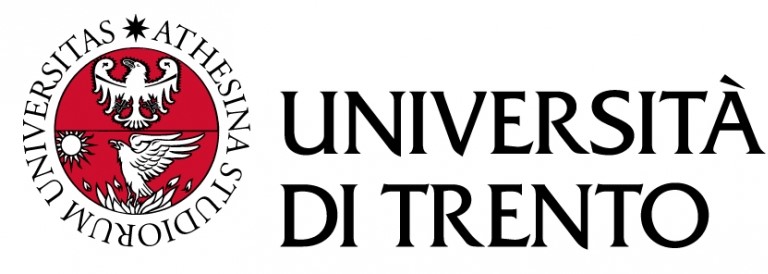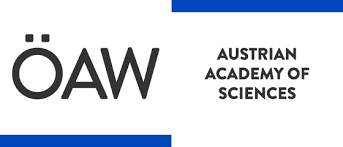The S.I.C.O. project brings together multidisciplinary EGTC excellence to build a new and innovative model of social impact measurement of collective ownership aimed at sharing and supporting sustainable development not only in the Alpine areas involved in the analysis, but potentially across regions and sectors in Europe. The consortium is highly interdisciplinary in order to observe the collective ownership from multiple perspectives. It consists of 3 partners, one from each EGTC Region (Trentino, South Tyrol and Tyrol) and provides a well-balanced combination of complementary skills, focus and environments in order to achieve the objective of the project.
The philosophy of the project in based on a grassroots approach. This means the analysis of the social impact of collective ownership and the definition of an implementation model in the relevant Alpine areas. To maximize the outcome of the project, the scientific investigation must make adequate use of the communication channels with the collective ownerships by also taking into account the cultural, linguistic and historical features of the areas. The collective ownership system under investigation requires an approach and language which is quite different from that used in scientific research. As a result, it is important that facilitators are used during the data-gathering/interviewing stages and of even greater importance that these stages are conducted by the project partners of each area.
Università di Trento

The Department of Economics and Management (DEM) features a multidisciplinary research environment where researchers apply a vast array of different approaches to describe the choice of economic agents, investigate their determinants, and analyze their effect at the individual, sectoral and aggregate level. Research activities take place within formal and informal research groups that boost a vast network of national and international collaborations: these ensure that the Department regularly hosts research fellows and visiting scholars from abroad, as well as a seminar series that runs throughout the academic year. DEM covers most research areas in the economic and management domain and its members apply a wide range of approaches ranging from theoretical to empirical research, from quantitative to experimental methods, from the analysis of case studies to computer simulations. The goal of all activities is to promote high-quality research that may contribute to the international academic debate. DEM also has outstanding expertise regarding the research topic in the MULTIACT Project, thanks to their continued academic research on social and environmental accounting, disclosure, performance measurement, and on Corporate Social Responsibility and Sustainability Accounting.
Free University of Bozen-Bolzano

Research in the faculty of Economics and Management is articulated around five research areas. In particular, the research cluster in Financial Markets and Regulation merges researchers in finance, accounting and applied information systems. In the area of accounting and information quality, researchers analyze the quality of financial and non-financial information that firms, and other organizations, report to external parties and the quality of the decision-facilitating information and controlling activities for internal use.
Austrian Academy of Sciences
